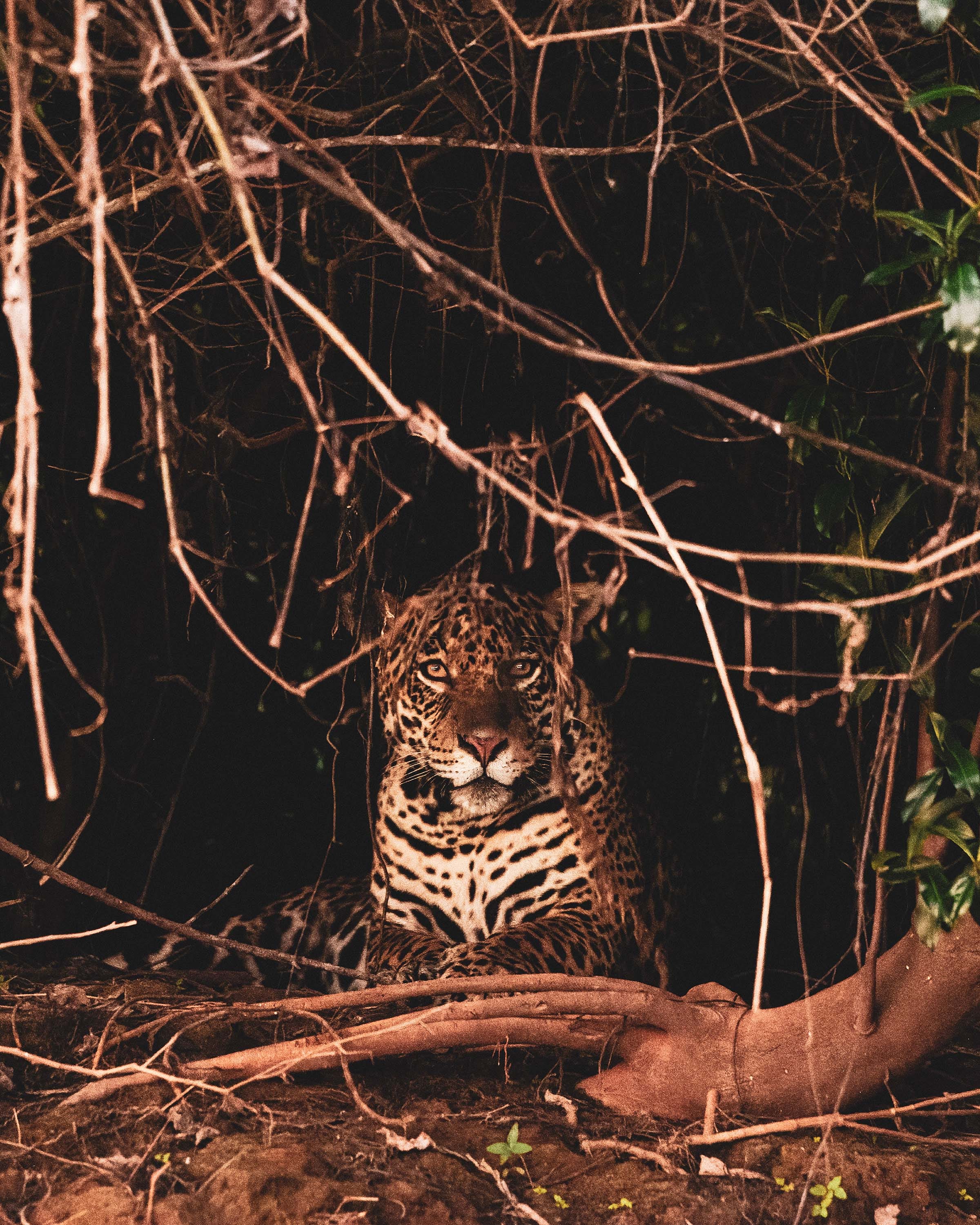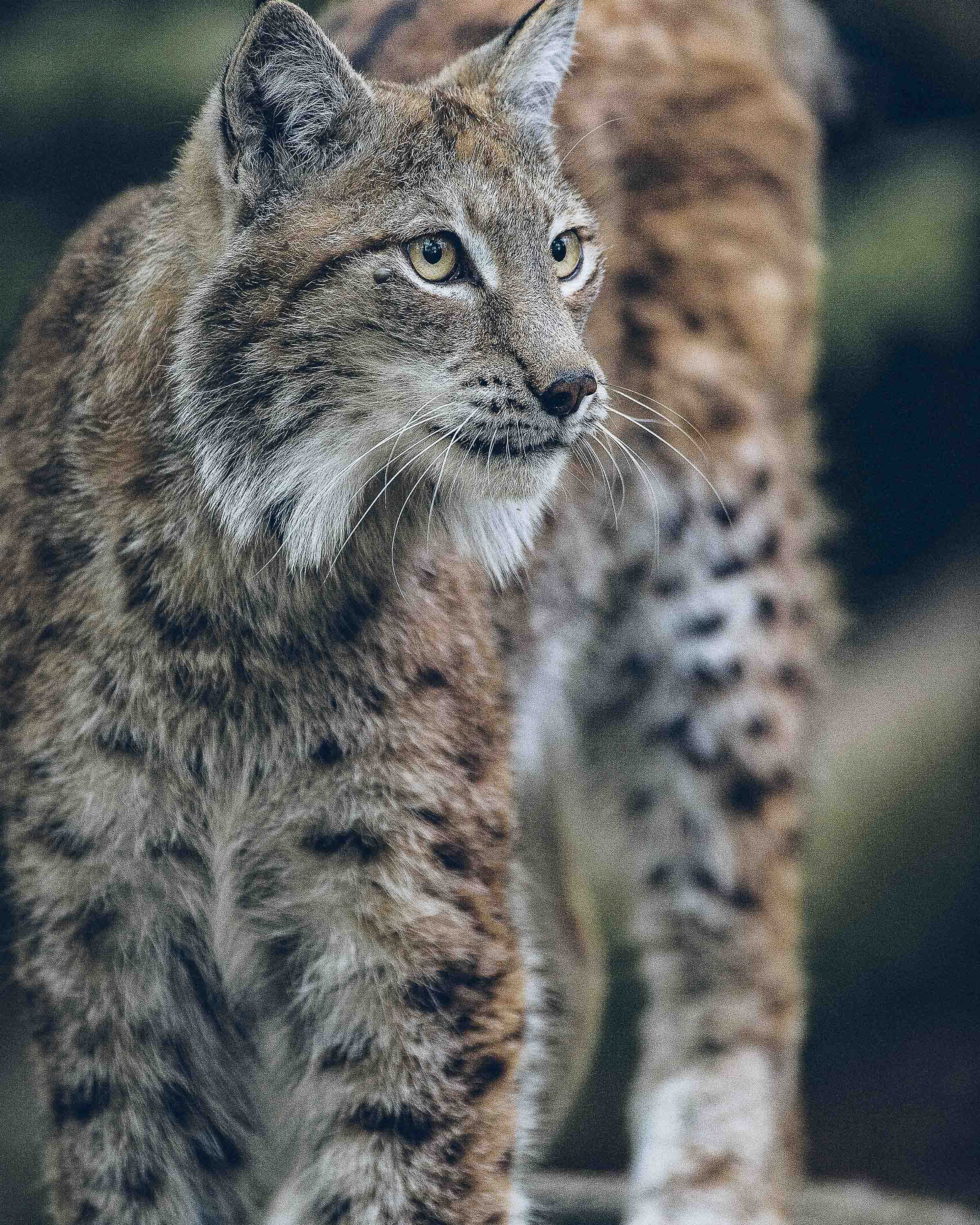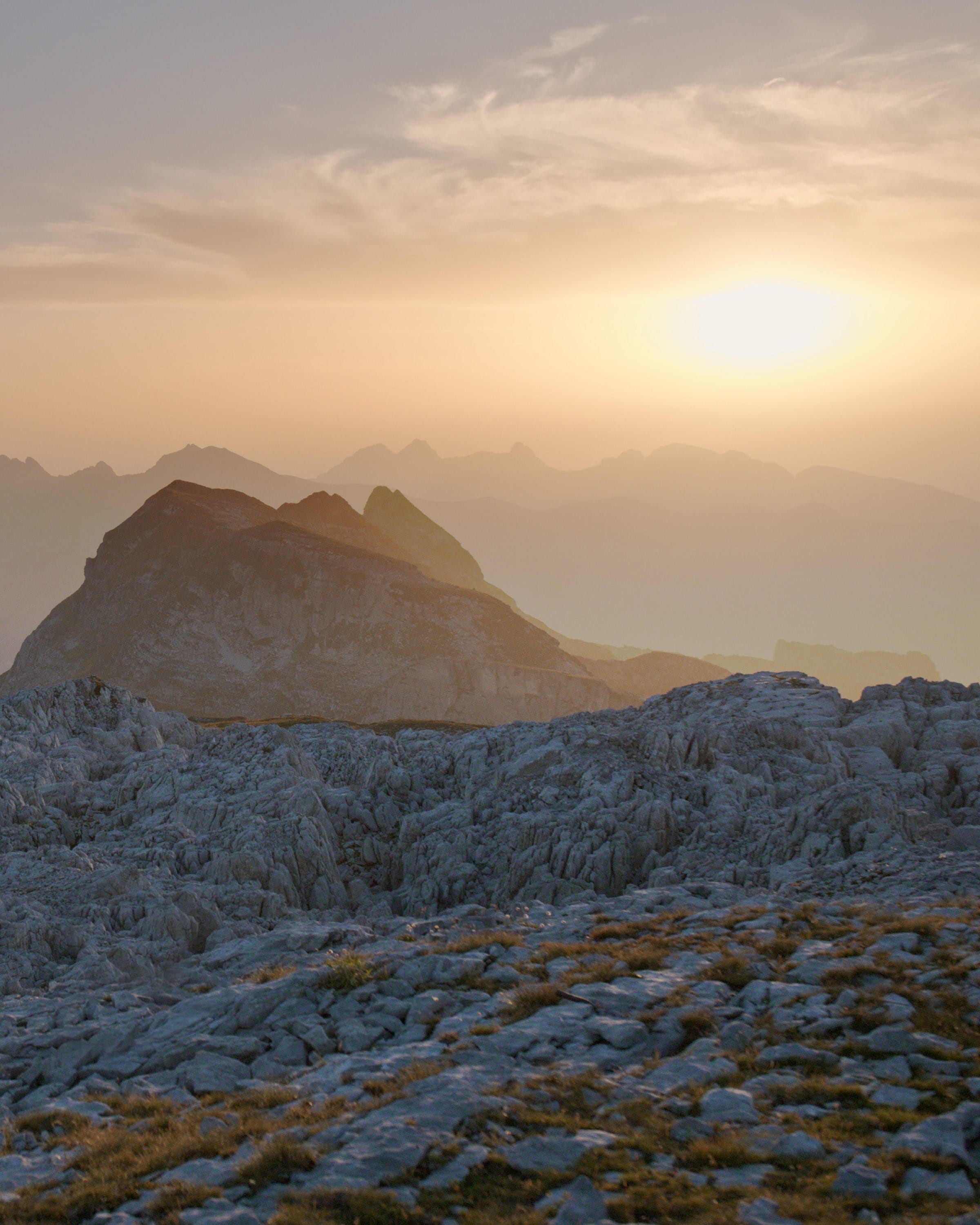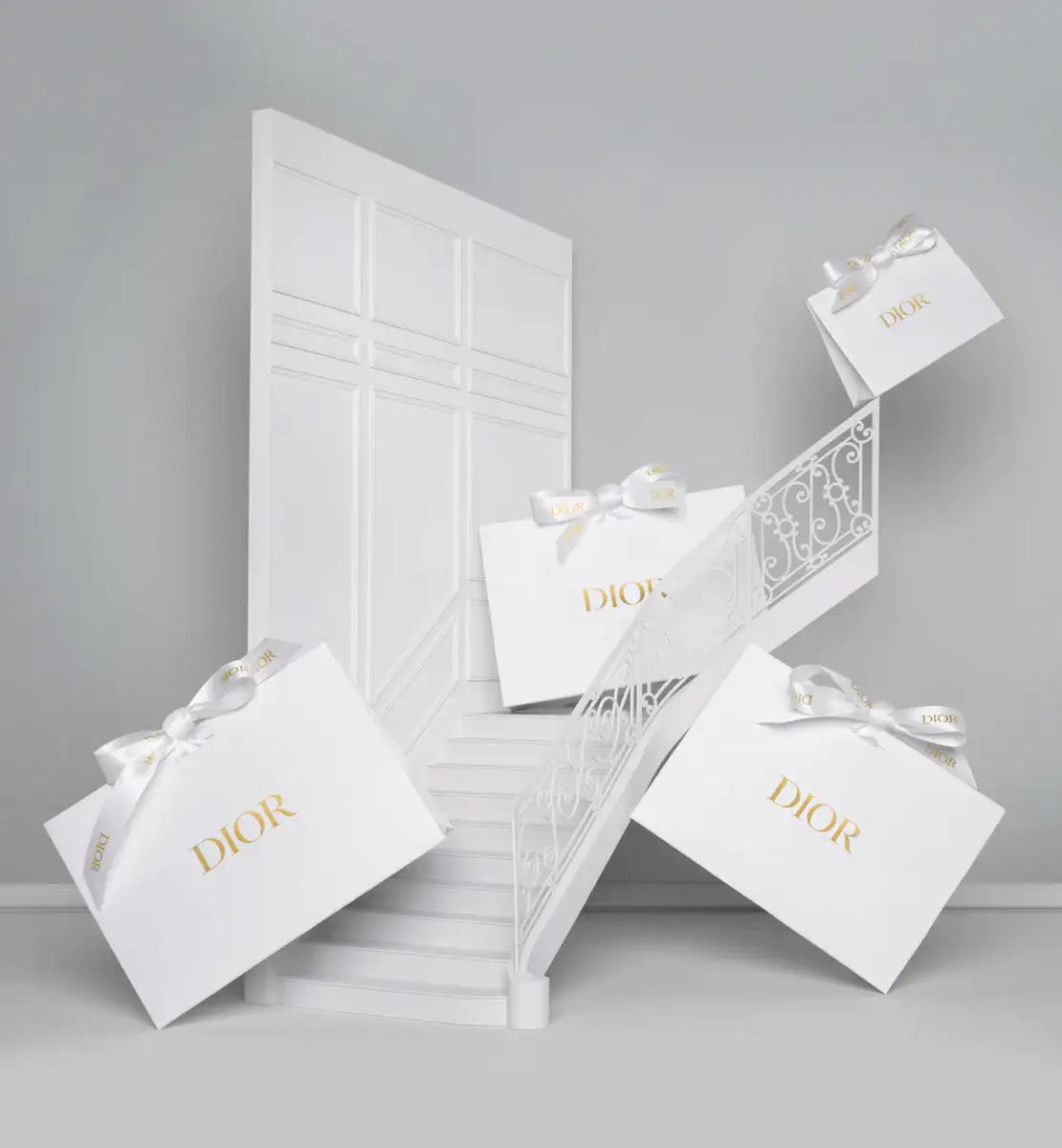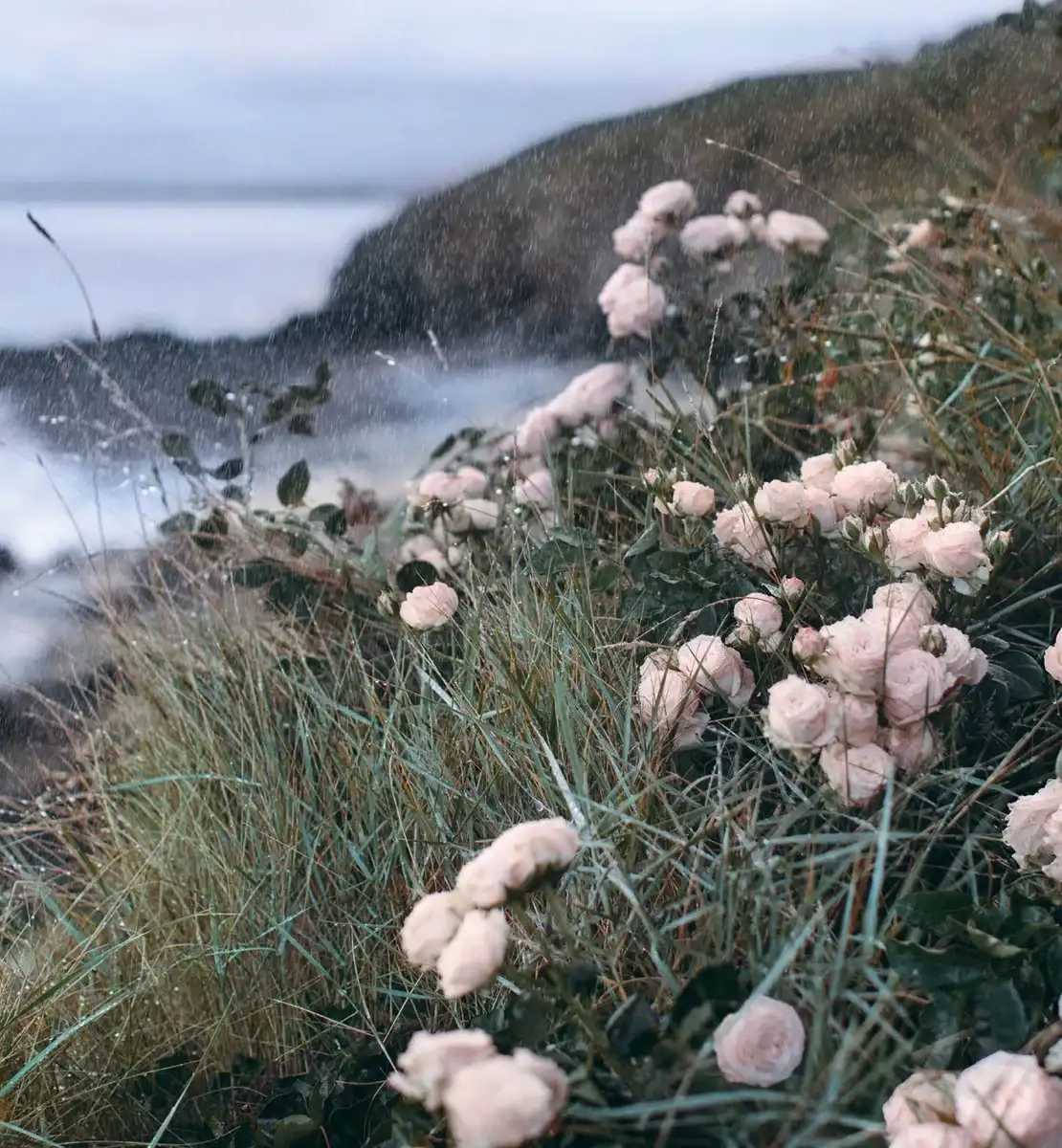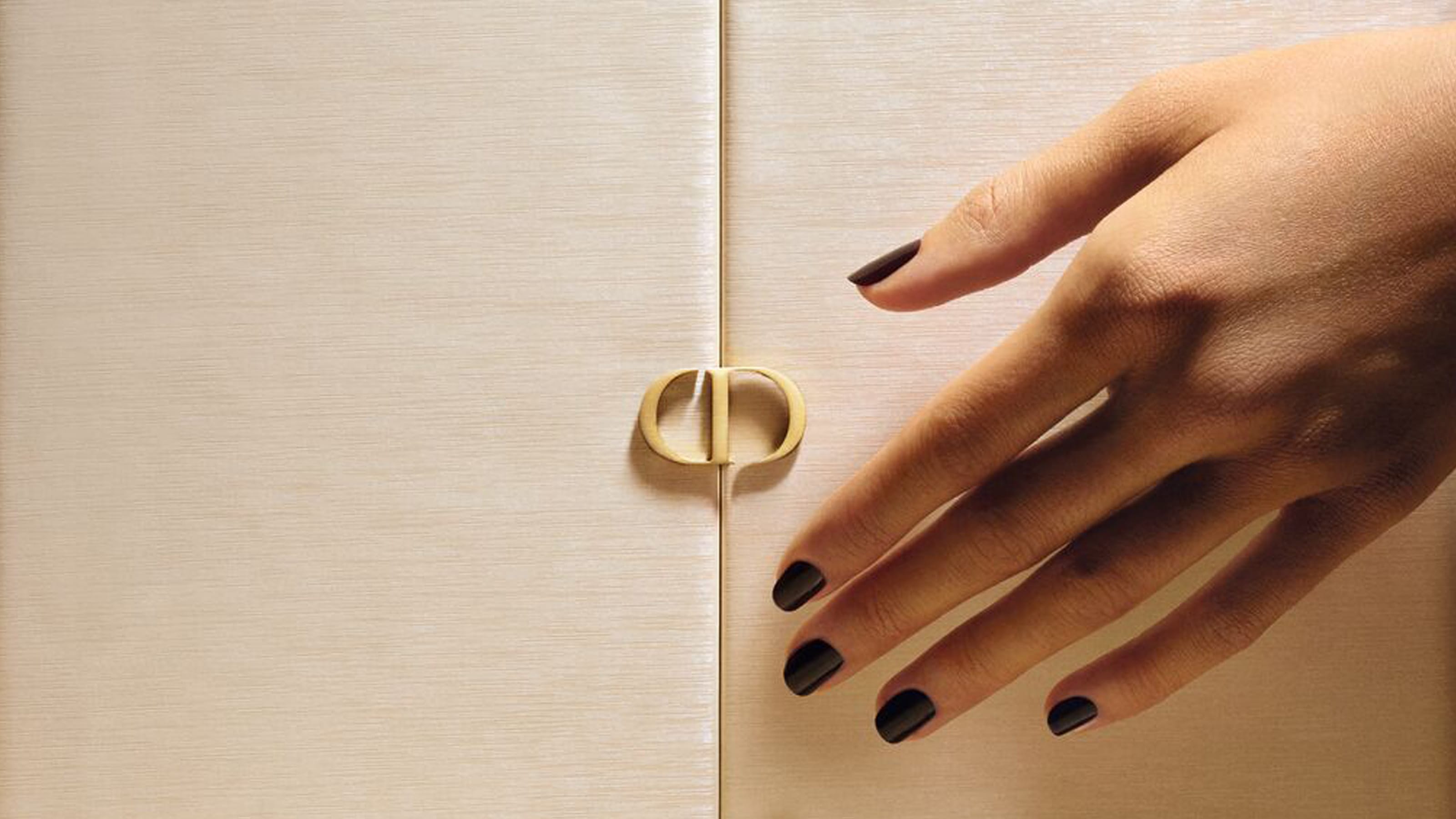

Christian Dior Parfums & wwf
Partnering to regenerate biodiversity
Regenerating Wild Spaces
Christian Dior Parfums is now supporting Wide Fund for Nature (WWF) projects to protect and restore wild spaces in France and North America.

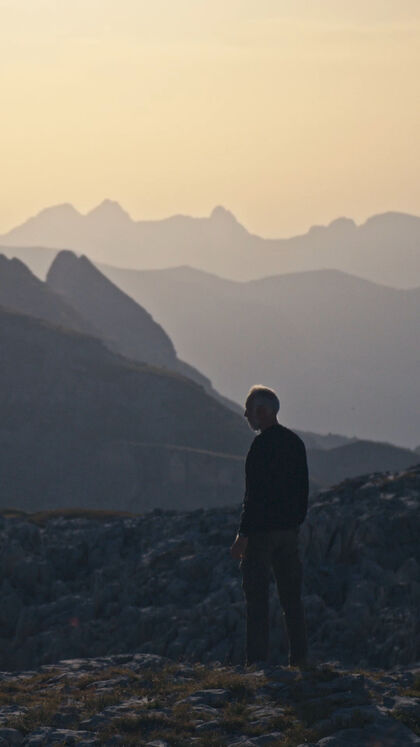
"Preserving the great wild spaces in which nature is relatively untouched is essential for biodiversity."
North America
Christian Dior Parfums will support the conservation and restoration of 15,000 hectares (approximately 37,000 acres) of natural corridors stretching from Mexico to the United States. This will help encourage Jaguars to return, as their population has been destabilised by human activity and threatened with extinction.


We embarked on a journey of discovery with wildlife biologist Wes Larson in search of the elusive jaguar, whose habitat is being lost and fragmented. WWF, with Dior's support, is working to conserve and protect wild spaces in North America, so that the jaguar, which is essential to the entire ecosystem, can thrive. By protecting and restoring jaguar corridors, we ensure that the majestic feline can regain its vast territory, and with it key benefits on which we depend. It also ensures that the entire ecosystem and the benefits that people depend on are protected.
Europe
In France, Christian Dior Parfums will support a program to conserve forest habitats in the Jura, Vosges and Vercors regions, and will also contribute to research in these forests on the Eurasian Lynx population, a key indicator of biodiversity.
Accelerating Towards Sustainable Ingredients
Towards a Fertile Footprint
To act, striving for a greater understanding of the role of flowers in preserving and regenerating biodiversity is crucial. Together with our internal experts at LVMH Research, we commit to working actively with experts from UNESCO MAB, and UEBT to increase our positive impacts on biodiversity and communities.
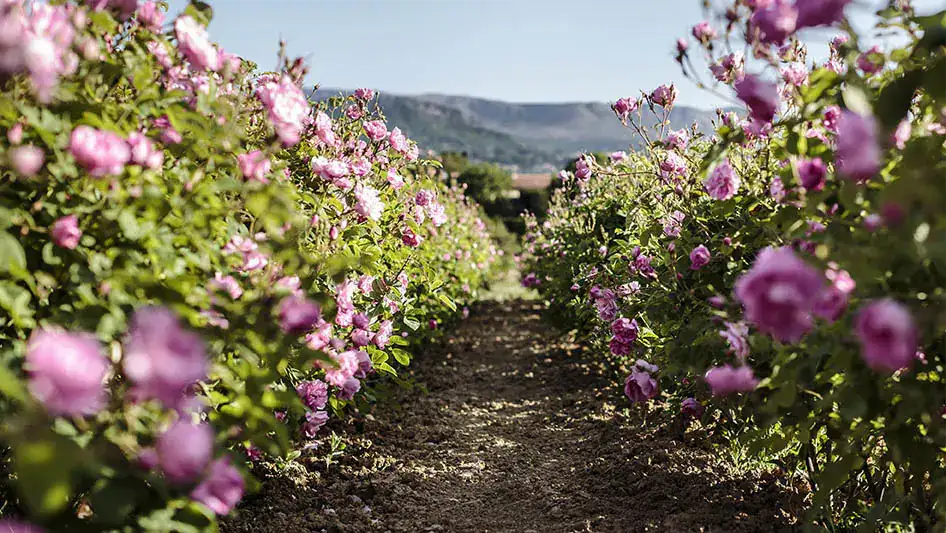
Seeding Transmission and Open Innovation
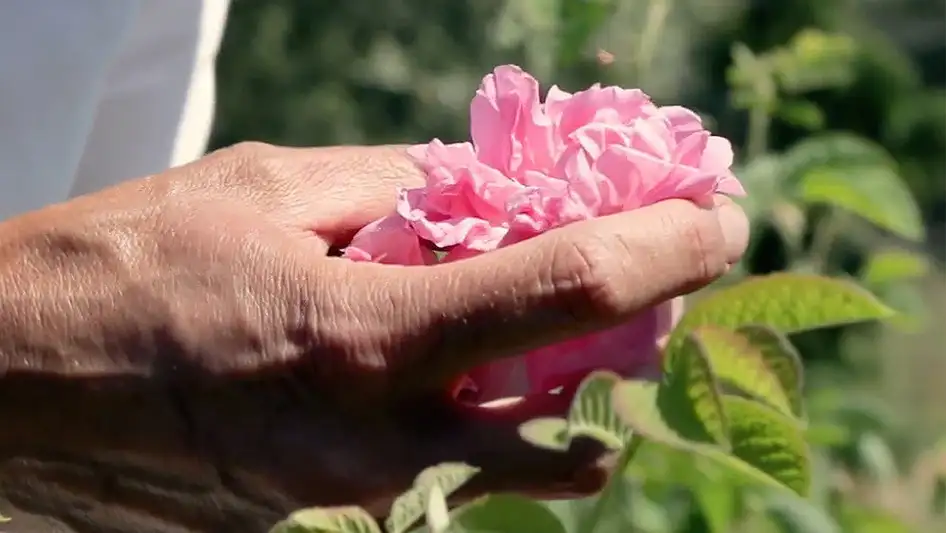
Developing Local Economies
Parfums Christian Dior is particularly attentive to the local impact of its upstream supply chain. For more than 15 years in the Grasse region, the House has established long-term partnerships with 10 growers who are members of the Association Les Fleurs d'Exception du Pays de Grasse, thus contributing to the revival of the cultivation of flower plants in this historic perfume cradle.
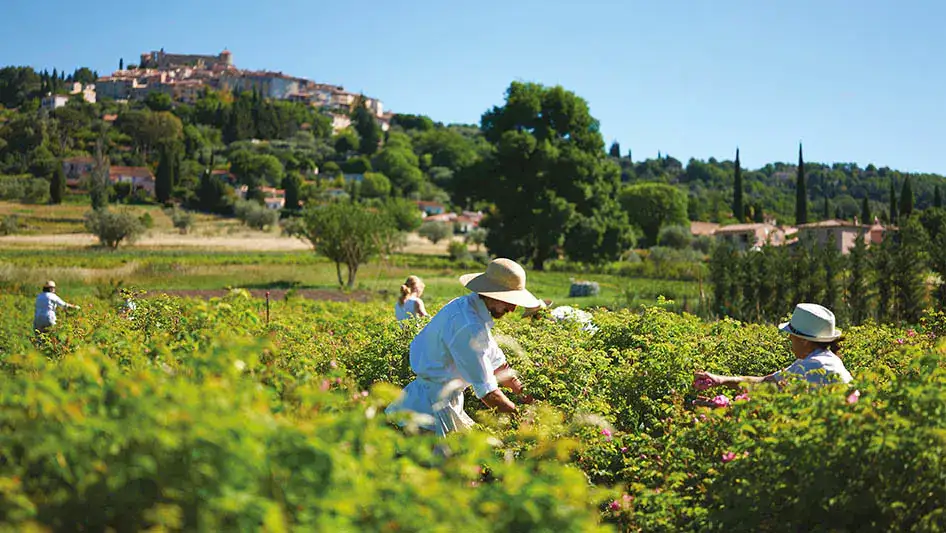
Safety Comes First

At Parfums Christian Dior, we have established a responsible formulation charter available on Dior.com since early 2022. This charter lays out our House’s requirements and ambitions concerning our formulas. This charter is explicit on our definition of Clean Beauty.
Ever More Stringent Formulas

Ever More Sustainable Natural Ingredients
Ever More Socially Responsible Sourcing

Blooming Ecodesigned Packaging
Packaging plays an essential role in protecting and preserving the essences of our products while offering a luxurious aesthetic experience. Yet, the use of natural resources to create packaging generates a significant carbon footprint. Moving forward, we commit to blooming new, more sustainable ways of selling.
Our Commitments
Innovating for Circularity

Renewing the Dior.com Art of Gifting
At a time when online sales are growing exponentially, it is of crucial importance that we strive to minimise associated negative impacts.
Raising the bar in Sustainability for Points of Sale
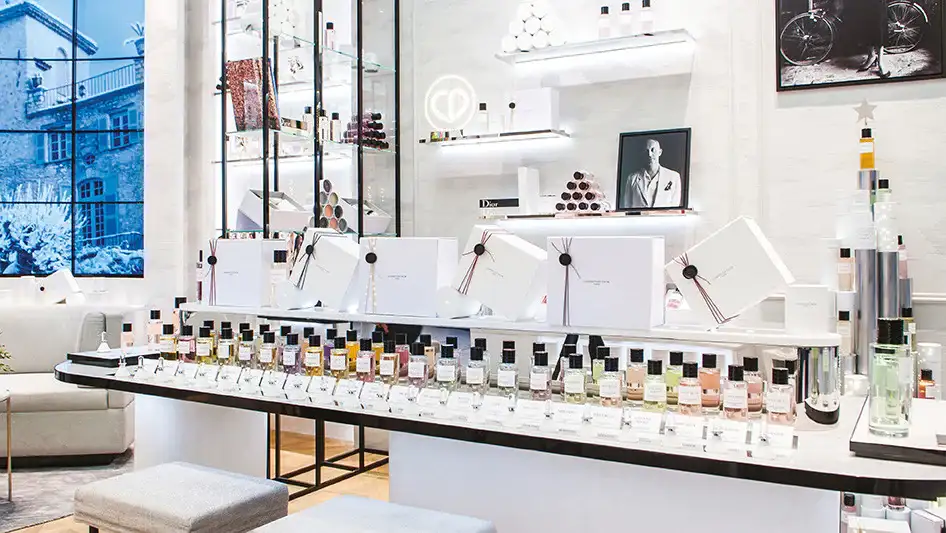
Unquestionable Science-based Reduction Targets
Our carbon reduction trajectory was approved in october 2021 by the science based target initiative, a joint initiative of the united nations global compact, world resources institute, the World Wide Fund for nature (WWF) and CDP (Carbon Disclosure Project), a testament to the robustness of our approach.
Excellence in Ecodesign
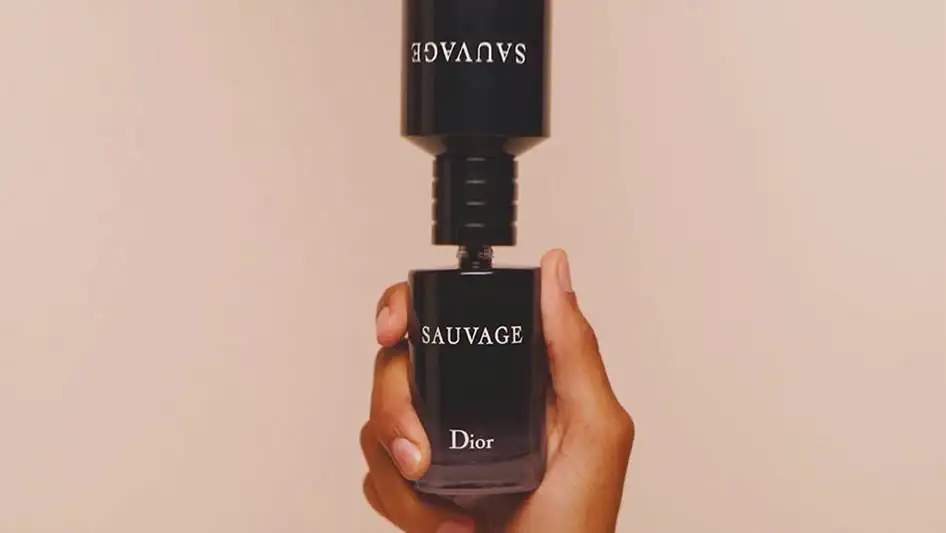
Low-carbon Transportation

A Low-carbon Energy Transition

Protecting and Restoring Ecosystems






 Diorshow
Diorshow
 Capture Totale
Capture Totale
 Dior Prestige
Dior Prestige
















